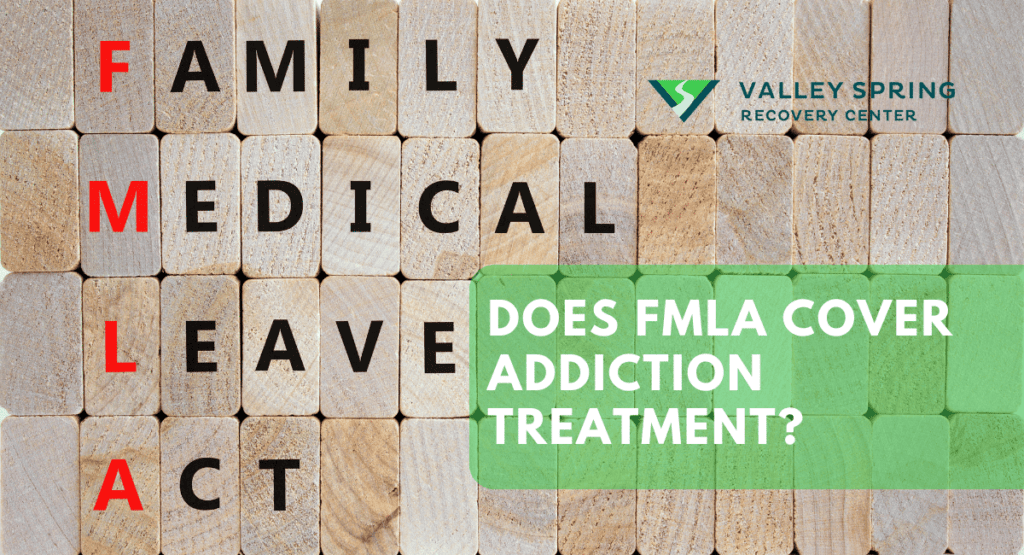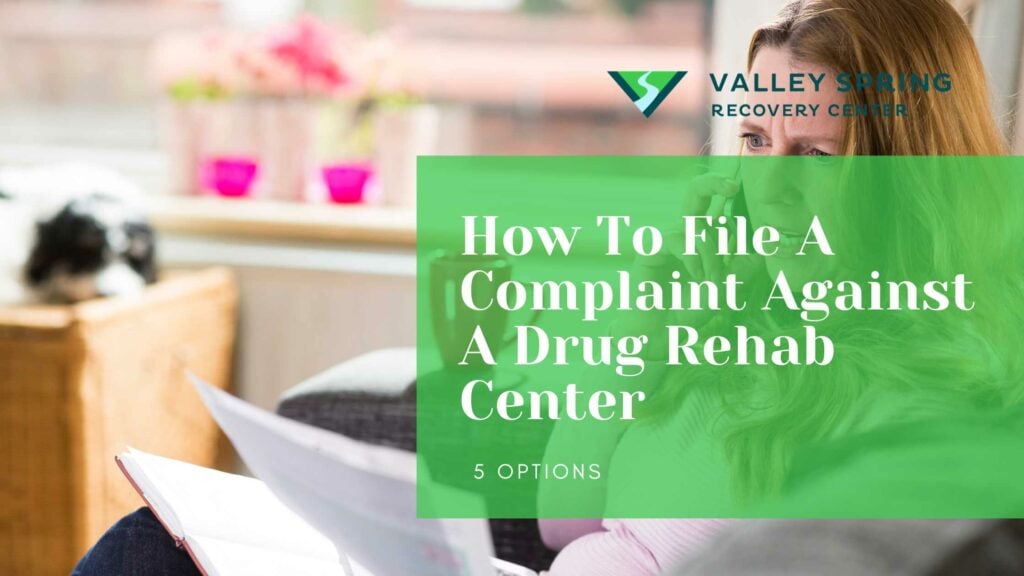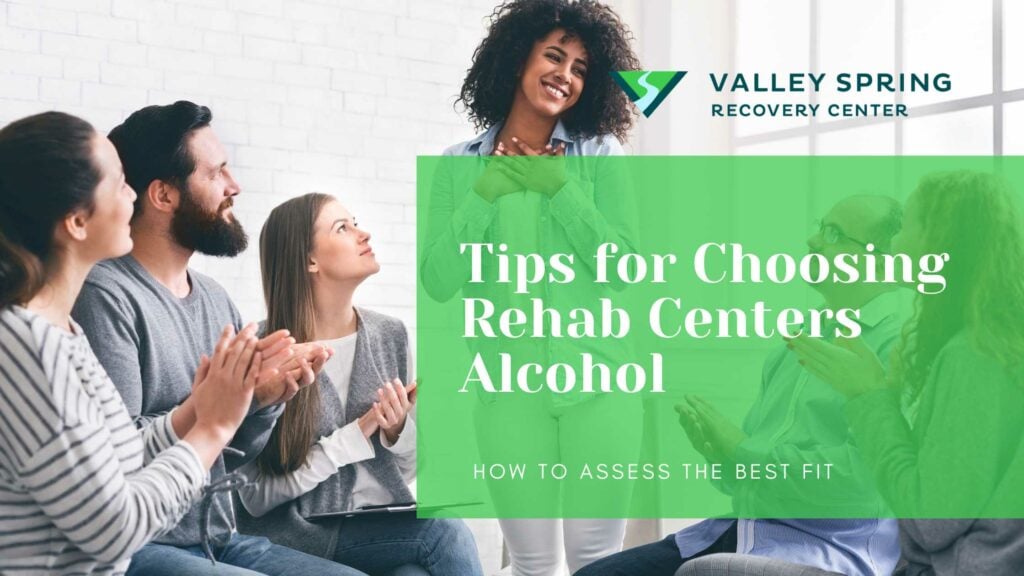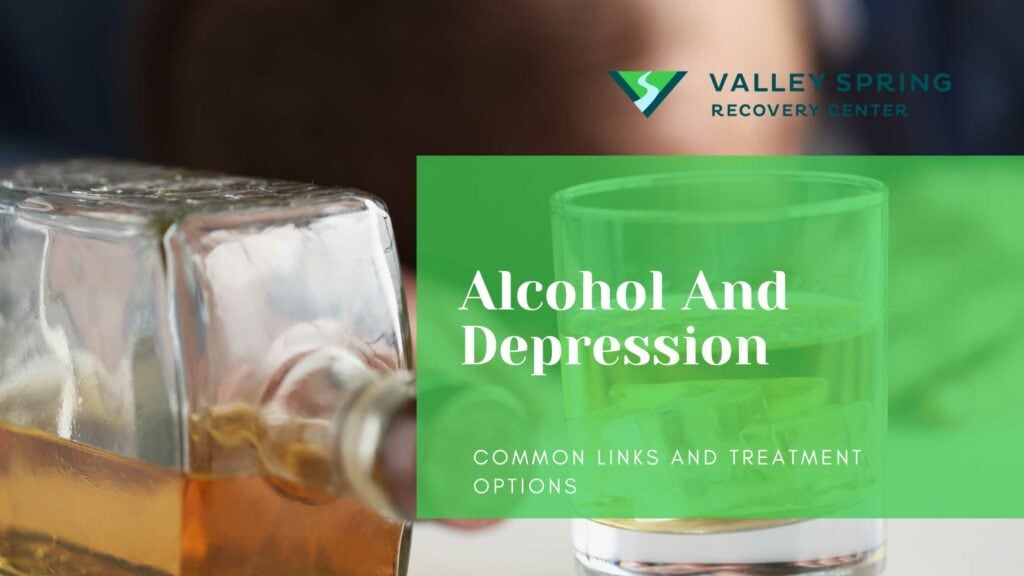Entering rehabilitation for substance abuse or mental health issues is a complex, multi-faceted decision that often comes fraught with concerns about privacy and professional implications. Rehab for substance abuse is a program or place in which addiction treatment is provided to help individuals stop consuming harmful substances and resume healthy, productive lives. Drug and alcohol rehab centers focus on healing the body mind and spirit. Individuals addicted to drugs can attend a substance use disorder recovery program with full anonymity and privacy since rehab centers are covered under healthcare privacy laws like HIPAA that protect patient medical information.
A commonly held misconception is that attending rehab will automatically show up on your public record, thus opening the floodgates to employment discrimination, social stigma, and personal bias. However, under the Health Insurance Portability and Accountability Act (HIPAA), your medical records—including your stay in a rehabilitation facility—are safeguarded. HIPAA assures that healthcare providers, insurance companies, and similar entities cannot disclose your medical information without your explicit consent.
Yet, certain situations require more nuanced considerations. Individuals employed in safety-sensitive fields, such as healthcare, aviation, and professions involving heavy machinery, often fall under distinct governing bodies with separate ethical and legal standards. Here, the obligation to disclose attendance in a rehab program could be your own, particularly if failure to do so could jeopardize public safety. Essentially, while general employers and the public do not have access to your medical records unless you allow it, specific professions may require disclosure as part of regulatory compliance.
This legal framework not only dictates the limits of disclosure but also underscores the importance of knowing your rights and responsibilities when it comes to going to rehab in the context of healthcare privacy and professional standing as well as the importance of case management.
Key Takeaways
- Rehab stays are protected under federal laws and regulations, such as HIPAA and Substance Abuse Confidentiality Regulations.
- Rehab is Not visible on background checks, but there may be exceptions depending on the legal circumstances.
- Employment laws like the ADA, FMLA & EAPs provide support for individuals in recovery by prohibiting discrimination & granting job-protected leave.
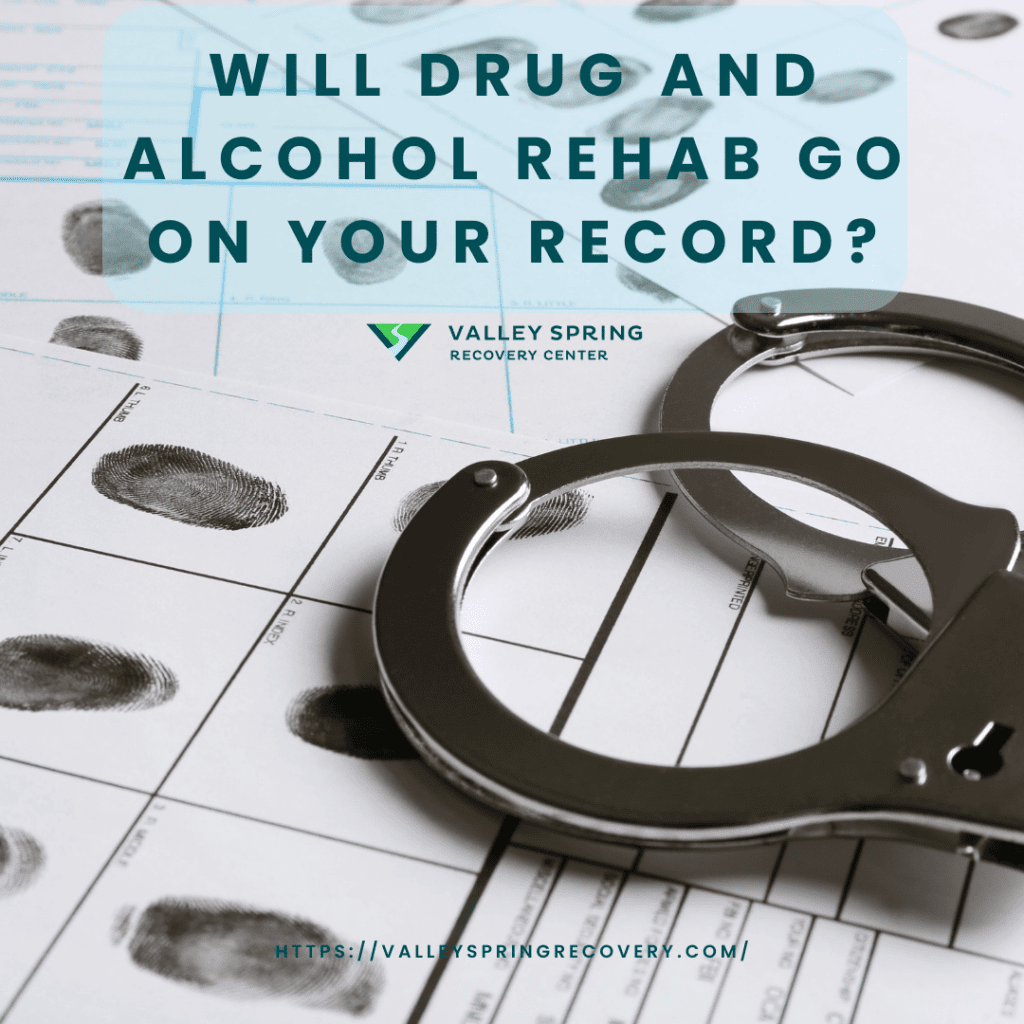
Does Drug and Alcohol Rehab Go on Your Record?
Going to rehab will not go on your record or show up on a background check. Healthcare has privacy laws that protect your information. These Privacy laws (HIPAA) protect drug rehab stays, keeping this information out of the public record.
Federal laws and regulations, such as the Health Insurance Portability and Accountability Act (HIPAA) and Substance Abuse Confidentiality Regulations, safeguard the confidentiality of drug and alcohol rehab stays.
What Is The Health Insurance Portability and Accountability Act (HIPAA)

HIPAA, the Health Insurance Portability and Accountability Act of 1996, is a federal law enacted by the 104th United States Congress and signed by President Bill Clinton. It establishes national standards to protect sensitive patient health information from unauthorized disclosure. Federal HIPAA laws, ensure the confidentiality of medical records, including addiction treatment. This means that personal health information, including any data documented in any format, whether verbal, digital, or written, is protected under HIPAA. Entities covered by HIPAA include health and human services providers such as:
- healthcare providers
- health plans
- claims processing centers
- utilization review
- billing departments
HIPAA also safeguards personal data for those enrolled in a drug rehab treatment plan at rehab treatment centers.
What Are The Exceptions To HIPAA?
The exceptions to this are based on individuals agreeing to make their records public which could be necessary if the individual seeking treatment has a job that requires them to disclose their information voluntarily or because they want to release information to help their court case. Health information may only be shared if it is being released for specific purposes, such as with court orders or explicit consent from the individual. Additionally, in emergency medical treatment scenarios, access to certain medical information may be necessary for the acting physician to ensure no negative interactions with addiction treatment occur. The HIPAA Privacy Rule does not bind the physician in this case. Therefore, the physician would be free from any such obligations.
Substance Abuse Confidentiality Regulations, such as 42 CFR Part 2, provide an additional layer of protection for your rehab information from unauthorized disclosure. The purpose of 42 CFR Part 2 is to address concerns regarding the use of substance use disorder (SUD) information in domestic or criminal proceedings and to ensure the protection of a person’s SUD information.
Under certain circumstances, such as a court order or the individual’s explicit consent, exceptions to privacy and confidentiality rules in rehab may apply. These regulations work together with HIPAA to ensure that your rehab stays remain confidential and do not become a part of your permanent record.
Does Going to Rehab Show Up On A Background Check?
Attending a drug and alcohol rehab does not appear on background checks due to privacy laws like HIPAA and 42 CFR Part 2. Employers or other entities who conduct background checks will not be able to access medical records without patient consent.
There are exceptions in certain circumstances, such as when a court order or explicit consent from the individual is involved.
A background check is a process through which an individual or organization can verify an individual’s criminal history, educational background, professional experience, credit score, and other relevant activities from their past. Personal details such as name, social security number, date of birth, educational background, previous employers, and references are usually reviewed.
When Can Going To Rehab Be Made Public?
In some cases, rehab information may be disclosed, such as with court orders or explicit consent from the individual. There are twelve exceptions to privacy rules when conducting background checks, including:
- The “No Disclosure without Consent” rule
- Exemptions for certain categories of records or information
- Exceptions for employment-related information
- Exceptions related to polygraph tests
- Exceptions for background checks based on race, national origin, color, or sex
It’s vital to recognize these exceptions and comprehend the circumstances that might lead to disclosure of your rehab information. However, in most cases, your rehab stays will remain confidential and won’t be visible on background checks.
What Happens When You Return To Work After Rehab?
Although returning to work post-rehab can be a hurdle, being aware of your rights assists in a seamless transition and safeguards your job. If you are concerned that you may be fired for going to rehab, the employment laws like the Americans with Disabilities Act (ADA), Family and Medical Leave Act (FMLA), and Employee Assistance Programs (EAPs) support individuals in recovery and protect their jobs during treatment.
The American Disabilities Act (ADA) acknowledges addiction as a disability and prohibits employers from discriminating against individuals who are either sober or pursuing sobriety. Under the ADA, employers are required to provide reasonable accommodations for employees who seek addiction treatment, provided that such accommodations do not present an undue hardship for the business.
The FMLA allows eligible employees to take job-protected leave for specific reasons, such as substance abuse treatment, which can enable them to focus on their recovery without worrying about losing their job.
Employee Assistance Programs (EAPs) are employer-sponsored workplace programs that provide employees with assistance in addressing personal issues, such as addiction.
What Are Tips for Transitioning Back to Work After Attending Treatment For Substance Use Disorder?
Upon returning to work following rehab, try to maintain open communication regarding your recovery with your employer, provided it doesn’t cause discomfort. They may be able to provide accommodations or support that could help you transition back into the workplace. It may be beneficial to begin with a reduced hours schedule or a modified work plan to provide yourself with an opportunity to acclimatize.
Throughout this transition, it is important to:
- Seek treatment, attend therapy or support groups
- Emphasize self-care
- Use techniques to reduce stress
- Maintain a healthy lifestyle
Setting clear boundaries and avoiding situations or triggers that may put your sobriety at risk are crucial. Above all, prioritize your well-being and recovery as you navigate this challenging time.
What Is The Doctor-Patient Confidentiality For Substance Abuse?
Doctor-patient confidentiality plays a pivotal role in substance abuse treatment, especially when dealing with drug abuse. It guarantees that your shared information with the healthcare provider, including drug abuse patient records, is kept private and secure, fostering an environment of open communication.
However, there are instances when confidentiality may be breached, such as in cases of imminent danger, child abuse, or when required by law.
Confidentiality in Rehab Centers
In most treatment settings, confidentiality is upheld, guaranteeing that any information exchanged between a patient and their healthcare provider remains confidential and isn’t disclosed without the patient’s consent.
In certain emergency situations or when required by law, healthcare providers may need to disclose confidential information to protect the patient or others. These privacy practices are mandated by federal regulations such as HIPAA and 42 CFR Part 2. Each rehab center may have their own distinct privacy policies, so it is important to familiarize yourself with them to understand how your information will be safeguarded.
When Confidentiality May Be Breached
Confidentiality may be breached in the following cases:
- Imminent danger, such as when a patient poses a threat to themselves or others
- Suspicion of child abuse or neglect
- Legal requirements, such as court proceedings or subpoenas, that necessitate the disclosure of confidential information.
Being aware of these situations can help you prepare for and navigate any potential breaches of confidentiality, ensuring that you can focus on your recovery with minimal disruptions.
How to Find Confidential Drug and Alcohol Rehab Centers?
Seeking a confidential rehab center is vital to uphold privacy throughout the addiction treatment. When seeking treatment for drug and alcohol rehab, legal measures are in place to ensure confidentiality and preserve the privacy of records.
In this section, we will explore how to assess a rehab center’s privacy practices and connect with confidential treatment providers.
Assessing a Rehab Center’s Privacy Practices
Evaluating a rehab center’s privacy practices necessitates reviewing its policies and inquiring about confidentiality measures. Familiarize yourself with federal regulations, such as HIPAA and 42 CFR Part 2, that mandate healthcare providers to maintain the confidentiality and security of patient information. If you are on FMLA leave you will have to provide your work with some information to verify that you are in medical care but that can not be used against you.
By understanding a rehab center’s privacy practices, you can ensure that your information will be kept confidential and that you will receive the highest quality of care during your addiction treatment.
Connecting with Confidential Treatment Providers
Confidential healthcare providers, such as treatment providers and healthcare professionals, are legally bound to ensure the confidentiality of their patient’s information, including details related to substance abuse treatment. Identifying confidential treatment providers may be accomplished through several methods, such as utilizing online directories like the Substance Abuse and Mental Health Services Administration (SAMHSA) directory, or seeking referrals from a primary care physician.
By connecting with confidential treatment providers and carefully researching a rehab center’s privacy practices, you can find the right facility for your needs and ensure that your privacy is protected throughout your recovery journey.
Frequently Asked Questions
Is alcoholism protected under HIPAA?
Yes, alcoholism is protected under HIPAA. Your doctor cannot share or disclose your information regarding alcohol use to any non-treatment entities.
What is the Hipaa privacy rule for substance abuse?
The HIPAA Privacy Rule limits the use and disclosure of patient records for substance abuse disorder treatment providers, protecting patient privacy and confidentiality according to 42 CFR Part 2.
Will my rehab stay show up on a background check?
Drug and Alcohol rehab stays are generally not visible on background checks due to privacy laws, so there is no need to worry.
How do privacy laws protect my rehab information?
Privacy laws like HIPAA and Substance Abuse Confidentiality Regulations protect your rehab information by ensuring unauthorized disclosure does not occur, and that your confidentiality is maintained.
These laws are important for protecting your privacy and ensuring that your rehab information is kept confidential. They also provide a legal framework for rehab centers to follow when handling patient information.
By following these laws, rehab centers can ensure that they are safe.
What employment rights do I have after rehab?
You are protected under the ADA, FMLA, and EAPs during treatment, giving you the right to return to your job after rehab.
What Happens If I Have A Court Case And Go To Rehab, Will The Judge Find out?
Navigating the legal system while considering drug or alcohol rehabilitation can be a complex issue. One common concern is whether attending rehab will be disclosed to a judge overseeing a related or unrelated court case. Understanding the intricacies of this issue is crucial for making an informed decision.
Legal Protections for Medical Records
In the United States, medical records, including those related to drug rehabilitation, are generally protected under laws like the Health Insurance Portability and Accountability Act (HIPAA). This means that your treatment information is confidential and typically cannot be shared without your consent.
Court-Ordered Rehab
However, if your rehab attendance is part of a court-ordered program, the court will certainly be informed about your compliance or non-compliance. In such cases, successful completion of a rehab program might even positively influence the court’s perception of your commitment to recovery.
Voluntary Disclosure
In some instances, voluntarily informing the court about your proactive steps toward rehabilitation can be beneficial for a legal case. It may show the judge that you are taking responsibility for your actions and are committed to making positive changes.
Consult Legal Advice
Because legal circumstances can vary greatly, it’s essential to consult a legal advisor for specific guidance tailored to your situation. This can help you understand how attending rehab could impact any legal proceedings you’re involved in.
What Are The Privacy laws With FMLA in regards to attending drug and alcohol treatment?
How Much Are You In Control Of Your Own Medical Treatment And Privacy?
Privacy laws like HIPAA and 42 CFR Part 2 protect your rehab stays from becoming part of your public record. While there are exceptions to these privacy rules, rehab stays generally do not appear on background checks. Employment laws support individuals in recovery and protect their jobs during treatment, and doctor-patient confidentiality plays a crucial role in substance abuse treatment. Assessing a rehab center’s privacy practices and connecting with confidential treatment providers can help you find the right facility for your needs while maintaining your privacy.
By understanding your rights, privacy laws, and the importance of confidentiality in addiction treatment, you can embark on your recovery journey with confidence, knowing that your privacy is protected every step of the way. Valley Spring Recovery Center is a New Jersey addiction treatment center that takes privacy very seriously. Many treatment centers like ours do not voluntarily hand over patient records without a full subpoena and even then, we actually show up to the court case and will help fight until compelled by the court to hand over documents.
Kristy Ashe
All author postsShare This Post



